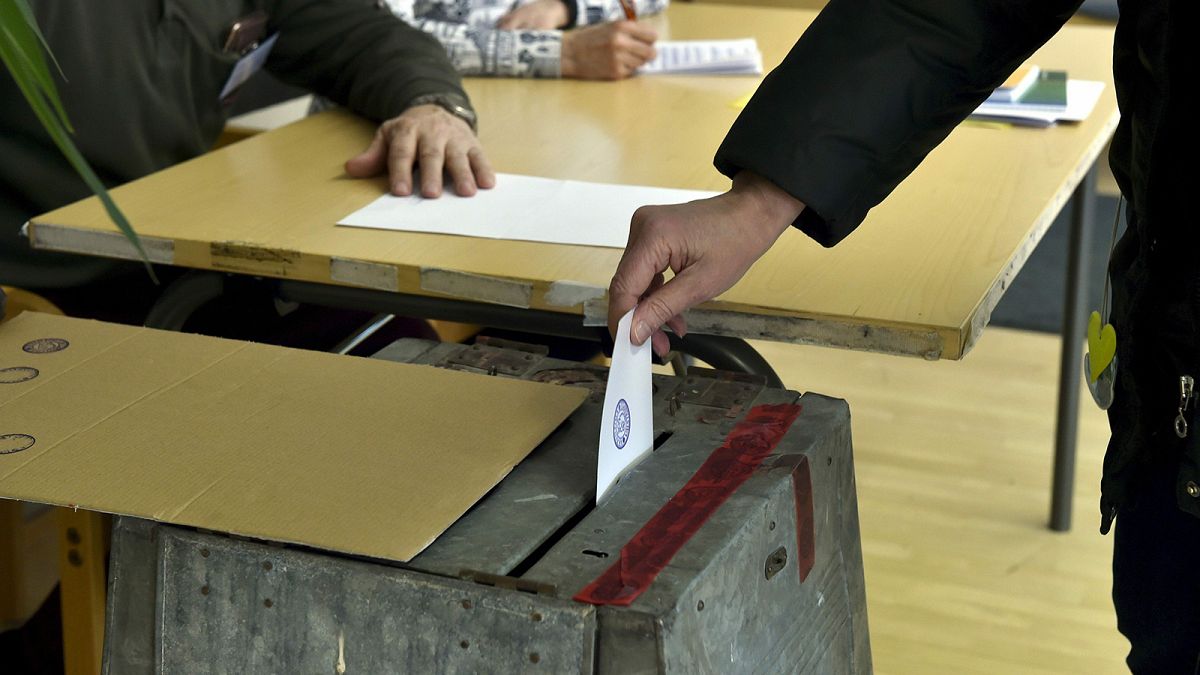A shift from municipal to county elections in Finland marked a return of the “big three” Finnish political parties -- the Social Democrats, National Coalition Party, and Centre Party -- but some smaller parties managed to score a victory, too.
The five parties that make up Finland’s coalition government emerged as collective winners of regional elections on Sunday, although the opposition National Coalition Party won the biggest share of the vote of any single party.
The new county elections are part of the biggest reform to the Nordic nation’s public health system for decades and transfer responsibility for social, healthcare, and emergency services from an unwieldy 294 individual municipalities — half of them with fewer than 6,000 residents — to a more streamlined 21 new regional authorities whose boards are directly elected.
Prime Minister Sanna Marin’s Social Democratic Party and her four coalition partners captured almost 60 per cent of the vote in total.
The election also marked a return of the “big three” Finnish political parties — the Social Democrats, National Coalition Party, and Centre Party — to their traditional dominance at the expense of smaller and populist parties.
“The numbers are very good for the Social Democrats. We are winning seats and we are above the level of the municipal elections” prime minister Marin said in a television interview, adding that she thought this could perhaps mean the return of “more traditional politics” in Finland.
Joonas Könttä, a Centre Party MP and newly elected to one of the regional councils, tells Euronews that “this is a win for the government, and a win for Finland’s politics so that the reform is finally done”.
“I think this was also a win for the old traditional three big parties — the holy trinity is back!”
Könttä, a first-term MP from the central Finnish city of Jyväskylä, says his own party “got their self-esteem back” after sinking in opinion polls over the last two years since losing the 2019 general election.
Who are the winners and losers?
Although the National Coalition Party polled highest with 21.6 per cent, a few percentage points more than the next two parties, it was also a good election for several of Finland’s smaller political parties.
The Swedish People’s Party captured two of the new regional authorities and one of their candidates from a municipality in southern Finland got the third-highest number of personal votes.
Left Alliance leader Li Andersson got the most personal votes in the country, with 7795 votes in her home city of Turku.
“I’m very grateful for the huge vote of confidence, and pleased with the party's result,” she wrote on Twitter.
The right-wing Finns Party, currently the third biggest party in parliament by just a couple of seats, suffered badly in the new regional election format. They scooped up just 11.1 per cent of the votes which their leader has blamed on her party’s lack of support for the healthcare reforms in the first place.
And the Greens also did poorly with 7.4 per cent of the vote. However, their main support comes from voters in the capital Helsinki, which was not taking part in this new election format.
However senior figures in the party are now calling for a change of direction to improve their future election prospects.
Turnout in Sunday’s vote was 47.5 per cent, down from 55.1 per cent in municipal elections last year, but since these were the first-ever regional elections there is no data available for a direct comparison.
